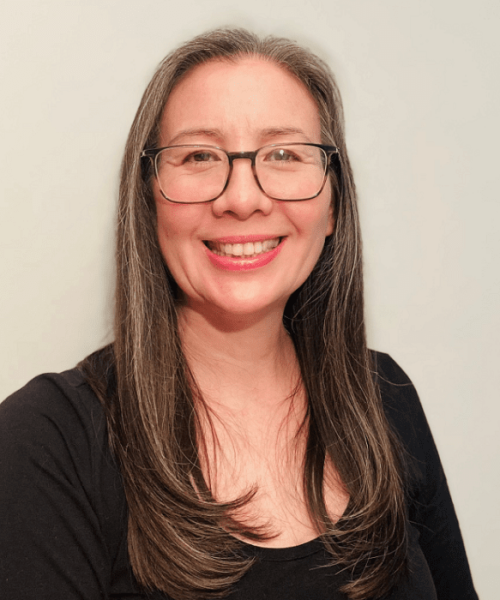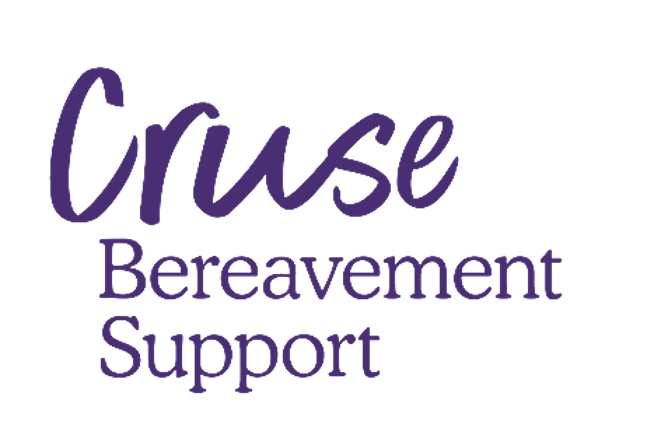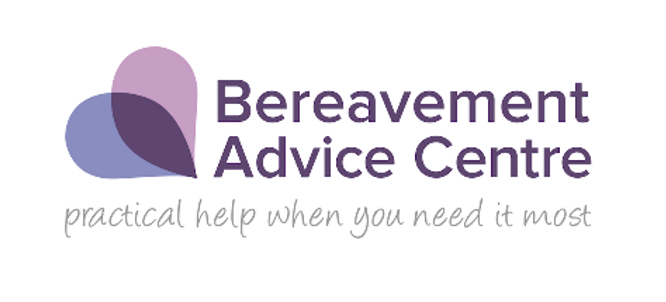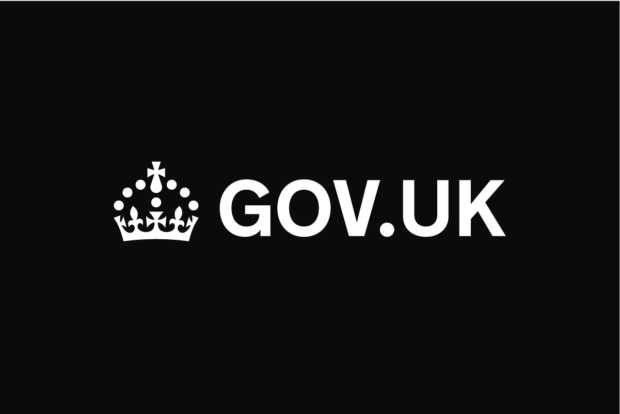Planning For The Dreaded ‘D’ Word
What is the best way for us to approach the subject and plan for the inevitable?
Most of us tend to avoid using the words death, dying or died and use phrases like ‘they passed away’ or ‘they’re no longer with us’ and many other euphemisms when we have to discuss it.
My Wishes
To make a start, organise your will and complete the free Anne Robson Trust ‘My Wishes Checklist’ so your loved ones can refer to it, rather than relying on their memory of what you've discussed.
The sections cover:
- Your home
- Passwords and logins
- Personal documents
- Money and utility bills
- Your car
- Your health
- Legal stuff
Prefer not to leave your details? Download checklist.
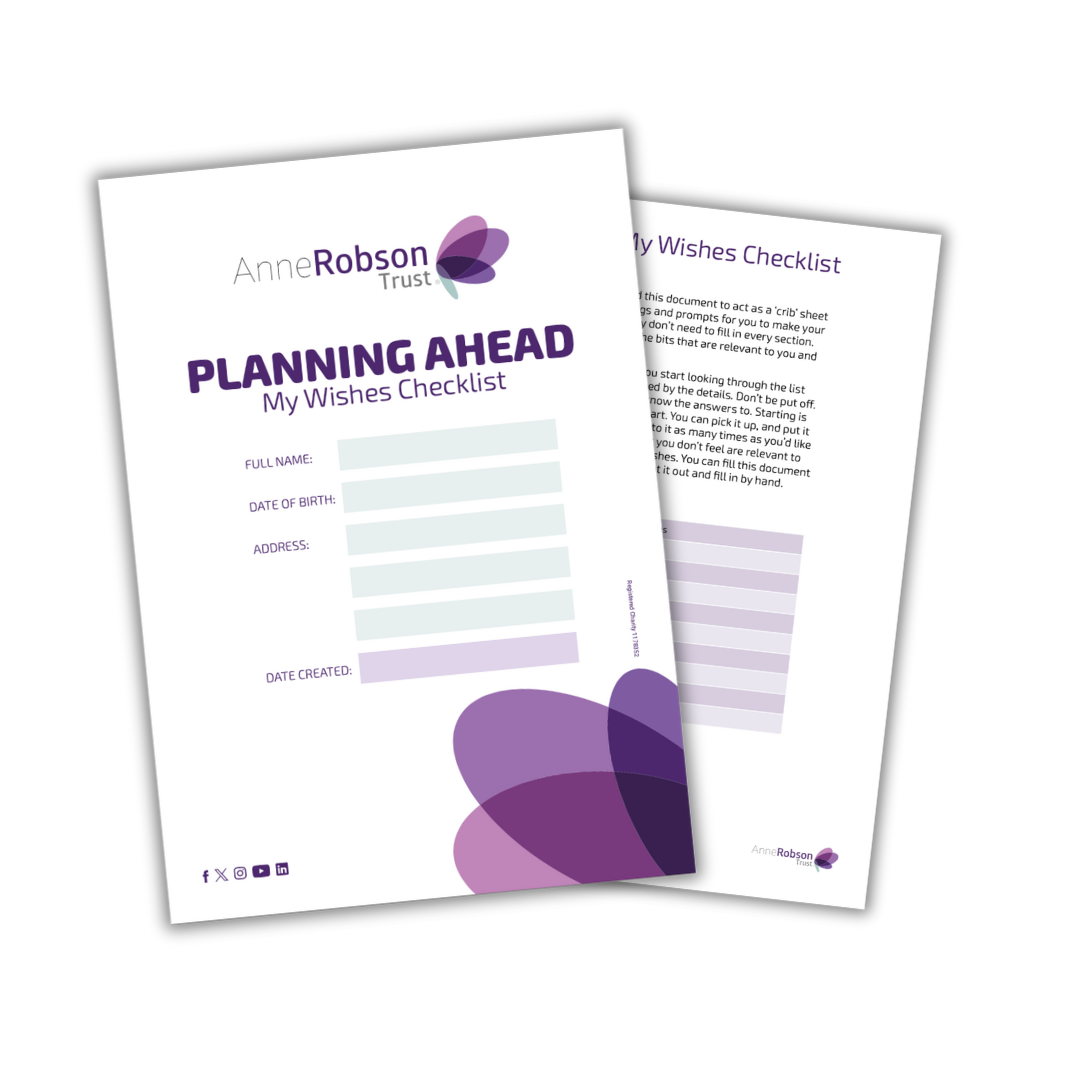
Tanya's Experience
One of the benefits I’ve experienced since becoming an End of Life Volunteer and Trustee for the Anne Robson Trust, is that death has become an easier discussion to have with my family, friends and work colleagues.
Don’t get me wrong, it can still be uncomfortable and difficult to know what to say. But I know speaking openly, with kindness and compassion really helps during such a heart-breaking time.
Another thing I’ve found valuable is making sure my loved ones know what I want and where to find key information when they come to deal with me dying. This may sound weird, but in a way, I see this as a gift to them … something that can make it easier, knowing exactly what my wishes are, without having to guess or worry if they are making the ‘right’ decisions.
